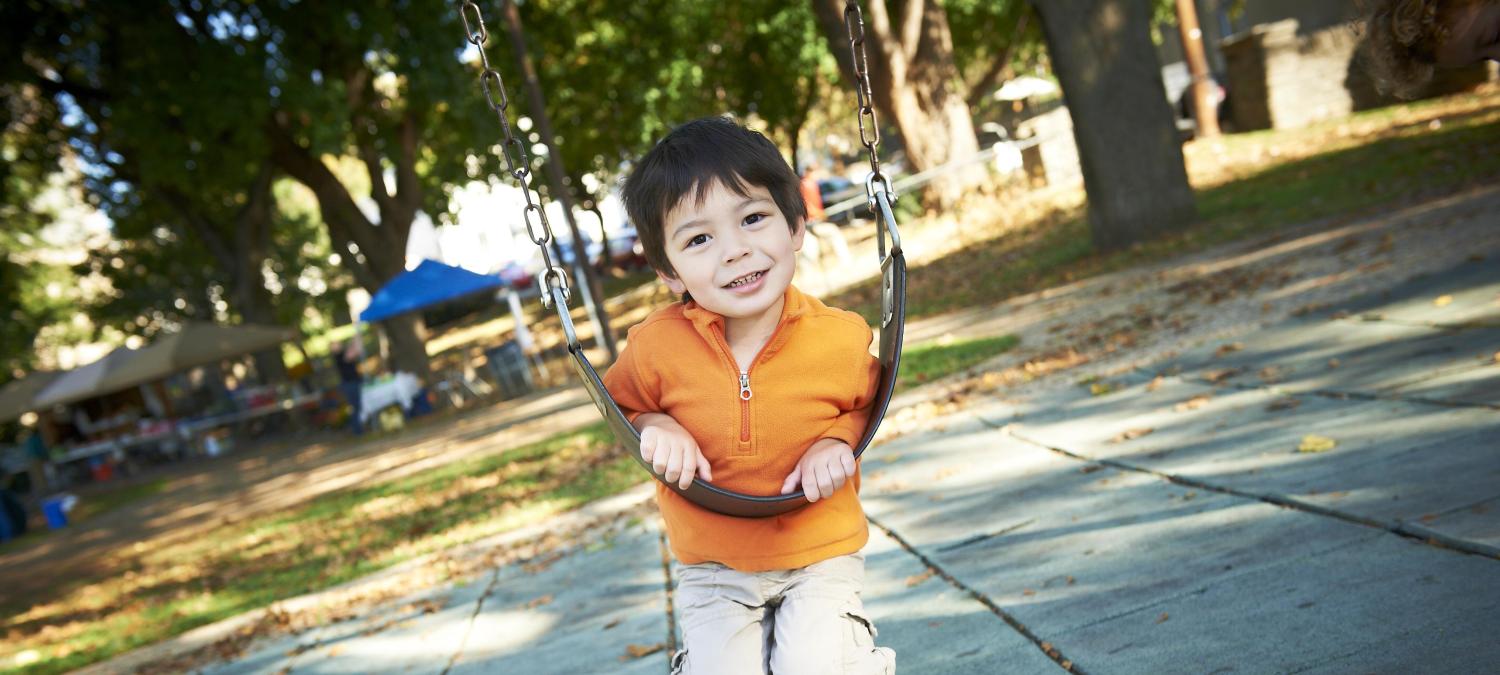

Publications
Search Tips
- Jun 2022
Integrated models of primary care for parenting teens, in which teens and infants are cared for by the same clinical team on the same day, are associated with reduced repeated pregnancies and increased uptake of contraception and immunization. Our purpose was to determine how…
- May 2022
PolicyLab welcomes this opportunity to comment on the 2023 Special Supplemental Nutrition Program for Women, Infants, and Children (WIC) State Plan of Program Operation and Administration. In this memo, our experts present recommendations to improve PA WIC access and…
- May 2022
Multi-tiered behavioral classroom interventions are particularly important for students with or at risk for ADHD or other externalizing behaviors. Teachers often use these interventions infrequently or not as designed, and little is known about the barriers and facilitators to their…
- Apr 2022
Telehealth services for medical care were rarely available in the United States before March 2020 when stay-at-home orders went into place in response to the coronavirus disease 2019 (COVID-19) pandemic. Gender-affirming care for transgender and nonbinary (TNB) individuals was no…
- Apr 2022
Pediatric primary care redesign includes changes to clinical teams and clinical workflows. This study described the perspectives of pediatric clinicians on their experience with redesign. This qualitative study explored clinician perspectives on a newborn care redesign pilot at a…
- Apr 2022
PolicyLab responded to a request for information from the U.S. Centers for Medicare and Medicaid Services (CMS) regarding access to coverage and care in Medicaid and the Children's Health Insurance Program (CHIP). In this response, PolicyLab experts answer questions such as “in what…
- Apr 2022
Youth spend most of their time in school, offering an important opportunity to deliver mental and behavioral health services that meet them where they are. Schools can provide prevention services aimed at supporting positive youth behavioral health, decreasing the need for higher-level…
- Apr 2022
PolicyLab experts welcome this opportunity to comment on the Proposed Rule on “Public Charge Ground of Inadmissibility” and to offer our recommendations. In this response, PolicyLab experts highlight some key elements of the proposed rule that they support, changes that they believe…
- Apr 2022
OBJECTIVE: To assess the impact of the COVID-19 pandemic on screening for autism spectrum disorder (ASD) and screening equity among eligible children presenting for well-child care in a large primary care pediatric network, we compared rates of ASD screening completion and…
- Apr 2022
Many families of children with attention-deficit/hyperactive disorder (ADHD) do not initiate evidence-based treatments (EBTs), placing these children at risk for poor outcomes. Bootcamp for ADHD (BC-ADHD) is a novel, four-session, group intervention designed to prepare parents as…